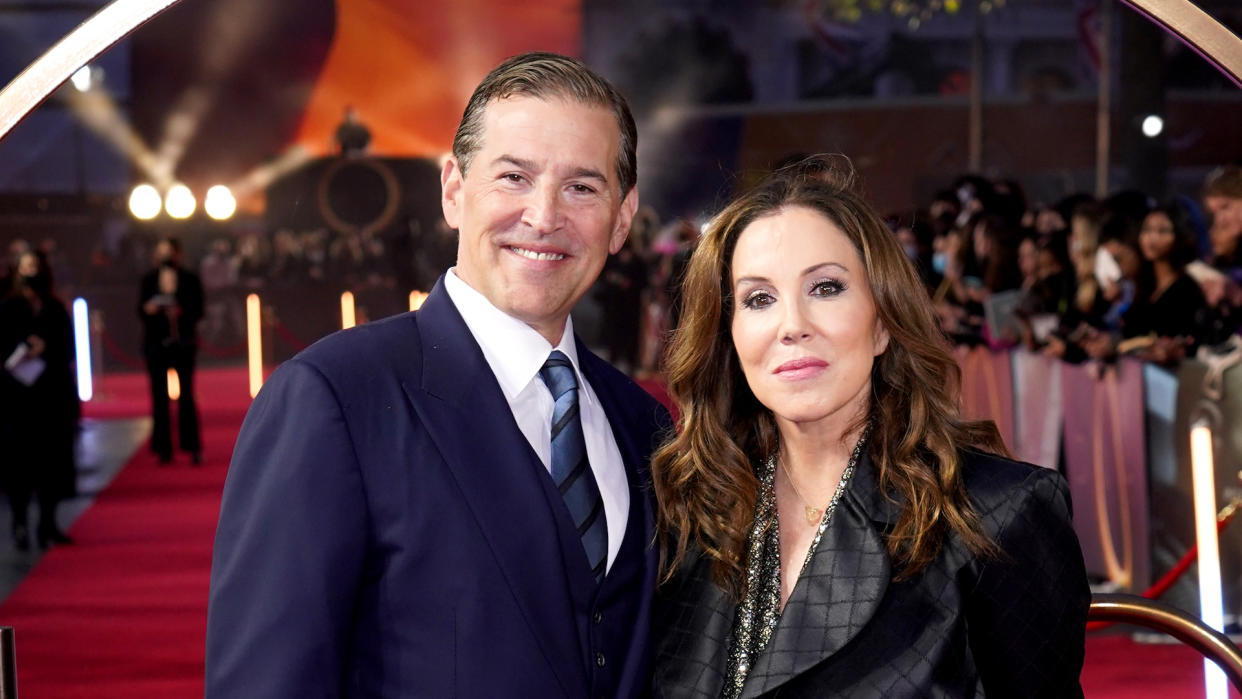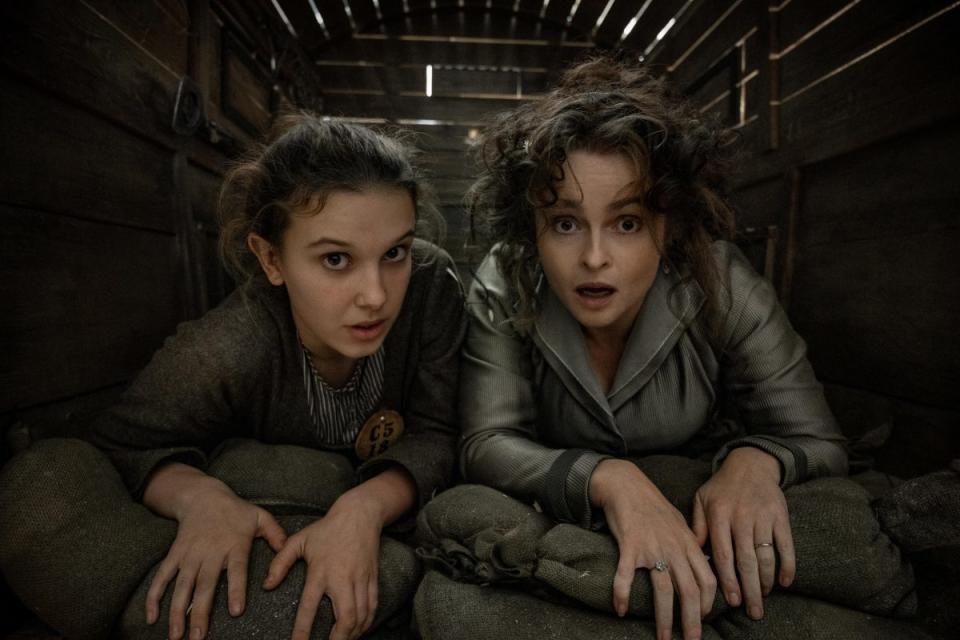Sony and Legendary Represent ‘the Last Gasp’ of an Old Business Model

With Sony, Legendary Entertainment found its third studio home in four years. On Monday, the “Godzilla” and “Dune” producer announced it would partner with Sony on a slate of theatrical films in a multi-year deal. It’s a sweet deal for Legendary to find a partner when studios are looking to cut wherever they can, but it’s hard to say which party needed the deal more.
In truth, a theatrical behemoth like Legendary is not the “800-pound gorilla in the room” it was back when Thomas Tull founded the company in 2000, said Stephen Galloway, the former film journalist who now serves as dean of Chapman University’s Dodge Film School. With the movie business and theatrical windows forever changed, he argues, this distribution deal is “more of an antiquated model” that will leave Legendary with a lot to prove.
More from IndieWire
Sony to Develop Marvel Comics Shows for Amazon Prime and MGM+
'Enola Holmes 2' Trailer: Henry Cavill Joins Millie Bobby Brown
“This was the salvation of the business, and now it’s an oasis running out of water desperately trying to keep feeding the livestock that has accumulated around it,” he said. “This is the last gasp of that business model. At a time when the barriers between film and TV and streaming have all come down, this is a company trying to stay relevant.”
This is an old-school arrangement between two outlier companies that cling to a traditional theatrical model. Legendary is a production company built on big IP and even bigger event movies. Sony is not only a major studio committed to the theatrical experience, but it’s also the only game in town that doesn’t funnel content to its own streaming service.
As deals go, this is a simple one: It gives Legendary global theatrical distribution through Sony, excluding China (the China-based Wanda still owns a majority stake in Legendary). All Legendary theatrical greenlights will go through Sony’s pipeline.
Individuals with knowledge of the deal explain that this relationship is a little different than its co-production arrangement with Warner Bros, which expired this year. Legendary can co-finance projects with Sony, or vice versa, but there’s no formal agreement, requirement, or even a first-look deal.
Sony won’t get Legendary’s biggest IP: “Dune: Part Two” will be released by Warner Bros. next November. Ditto any “Godzilla” or “King Kong” films, or anything else that’s already set up at a studio, such as Warners’ long-gestating potential sequel to 2019’s “Pokemon: Detective Pikachu.” It also means that Legendary isn’t guaranteed access to any of Sony’s big properties, like Marvel titles, “Ghostbusters,” or films based on PlayStation video games.
Legendary has a carve out that allows it to continue making streaming movies like “Enola Holmes” with Netflix. And while Sony had some hits this year with “Uncharted” and “Where the Crawdads Sing,” it could always use more major franchises and is motivated to give Legendary the time and attention (and guaranteed distribution slots) needed to build blockbusters.
Neither side is making promises about how many films this may entail, how soon we might expect one, or what they might be. One producer who spoke with IndieWire said Sony’s biggest reasons for locking down a deal with Legendary are IP, IP, and IP. That could mean anything from Legendary’s “Toxic Avenger” movie starring Kevin Bacon and Peter Dinklage (wrapped last September, still needs a distributor) or in-development projects based on “Buck Rogers,” the ’90s video game “Duke Nukem,” or the live-action take on the anime “My Hero Academia,” could be up for grabs.

Alex Bailey/Courtesy of Netflix © 2022
While Legendary still has projects at Warner Bros., its days were numbered in the wake of former Warner Media CEO Jason Kilar’s Project Popcorn plan. It’s no secret that Legendary was among those blindsided by Kilar’s decision to put its entire 2021 slate of films day-and-date on HBO Max, including “Godzilla vs. Kong” and “Dune.” At the time, Legendary CEO Joshua Grode threatened legal action before reaching a costly agreement around the release of “Dune.” Multiple sources say that even post-David Zaslav, there was enough bad blood lingering on both sides to make a reunion unlikely.
If not Sony, where else would Legendary go? Before Warner Bros., Legendary was at Universal for five years beginning in 2014, which included financial disappointments like “Skyscraper” and “Crimson Peak.” Paramount was reported to be in the mix as it shopped for a new home, but the source suspected that with Legendary IP leaning toward PG-13 or R-rated, it wouldn’t be a fit.
Reps for Legendary and Sony had no comment.
Best of IndieWire
Quentin Tarantino's Favorite Movies: 48 Films the Director Wants You to See
New Movies: Release Calendar for December 2, Plus Where to Watch the Latest Films
51 Directors' Favorite Horror Movies: Bong Joon Ho, Quentin Tarantino, Guillermo del Toro, and More
Sign up for Indiewire's Newsletter. For the latest news, follow us on Facebook, Twitter, and Instagram.

 Yahoo News
Yahoo News 
